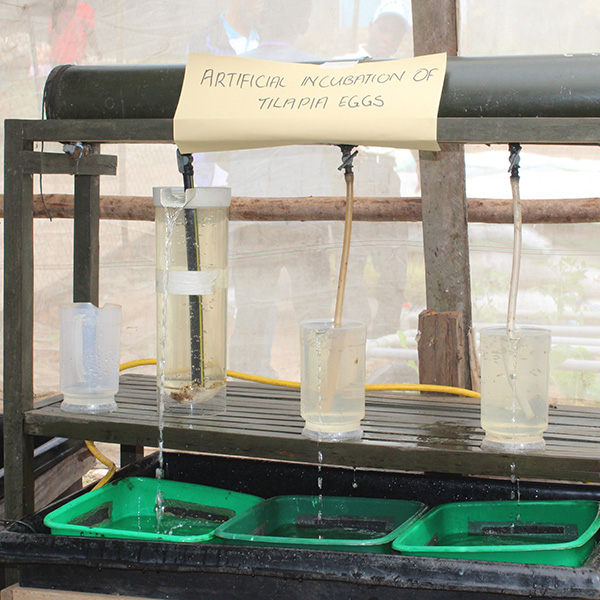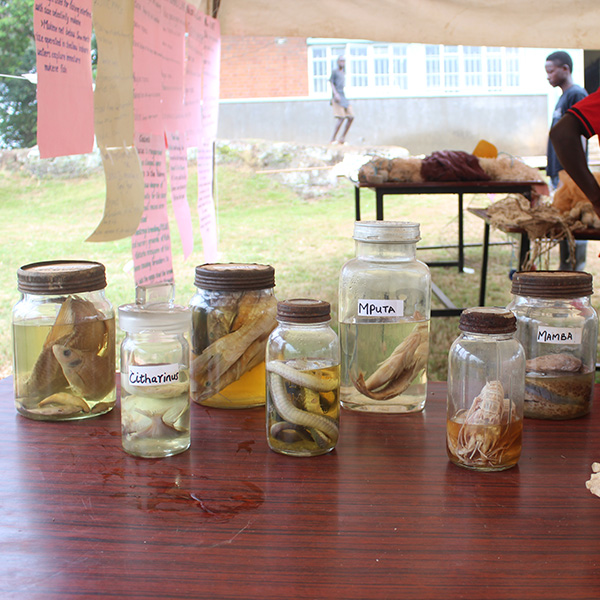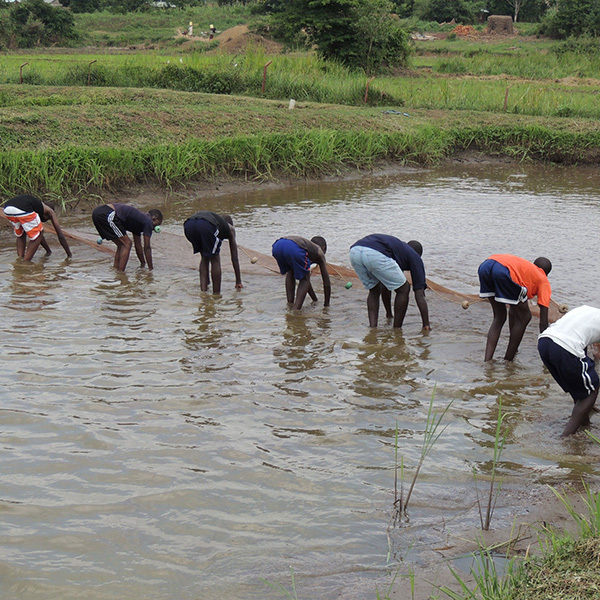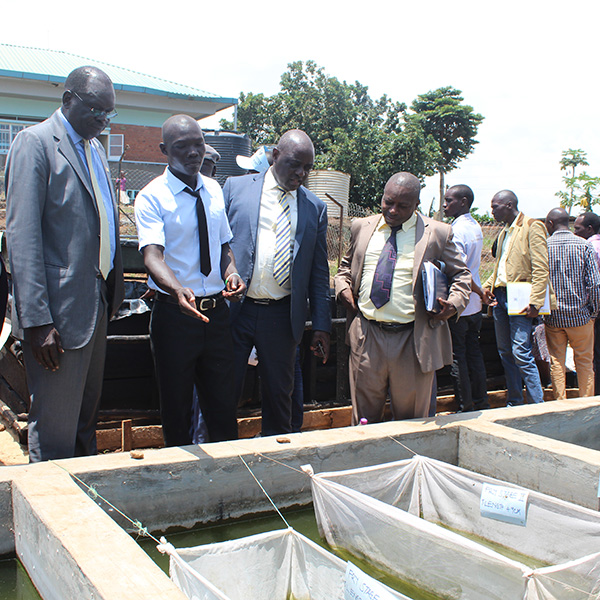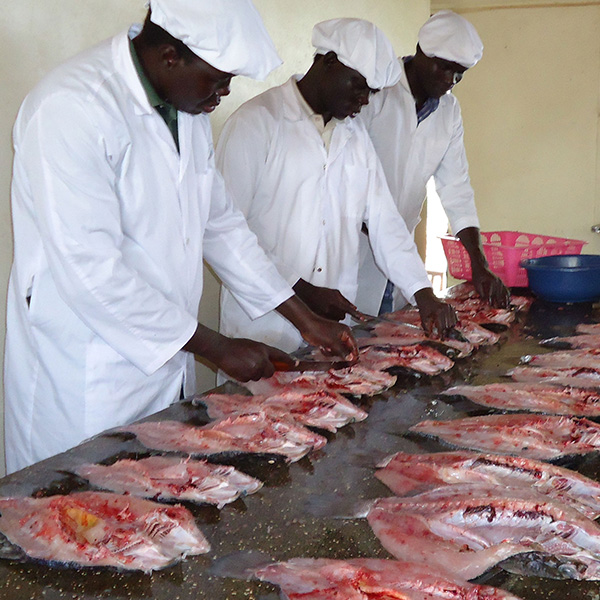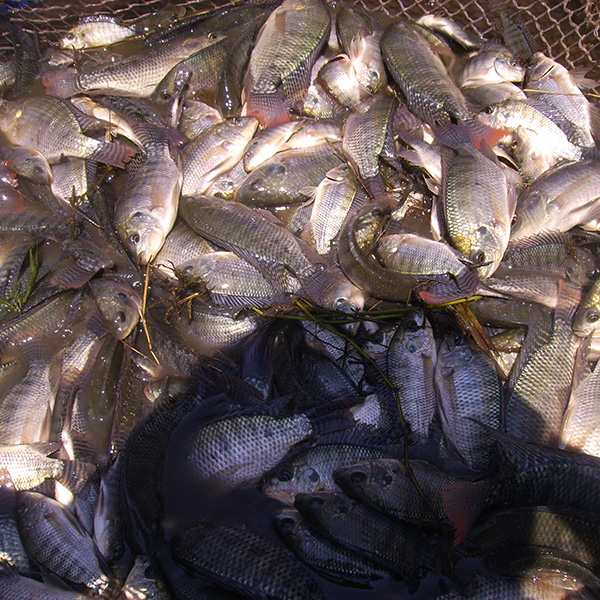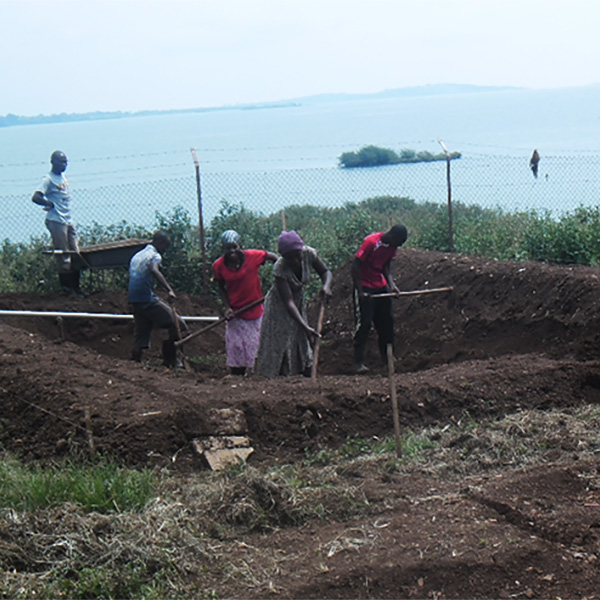Fisheries Management and Technologies (FMT)
The need to expand fish production beyond capture fisheries calls for greater effort to train learners, communities and interested entrepreneurs in the management and production of fish and fish products to meet the increasing demand for fish products in the domestic, regional and international markets.
This program was developed to tackle today’s challenges of unemployment, food security and the need for value addition. The program is intended to help transform fisheries education curricula and teaching methods to emphasize relevance and a problem-solving approach to the utilisation and management of fisheries resources.
Some of the Careers fmt graduates can engage in after their Programme
Fish Farm Manager
Hatchery Manager
Self Employed
Fish Law Enforcement Officer
Both the Diploma and Certificate programme are meant to last for two (2) academic years. An academic year consists of two (2) Semesters each of seventeen (17) weeks duration {Fifteen (15) weeks of teaching and continuous assessment and two (2) weeks of written examinations}.
Field attachment/Industrial training is one of the core modules taking four (4) weeks during the first year vacation.
Entry Requirements
This course is offered at both Diploma and Certificate Levels.
Direct Entry
At least one principal pass and two subsidiary in Agriculture, Biology and Chemistry obtained at the same sitting of the Advanced Certificate of Education Examinations or its equivalent.
Certificate Holder
A candidate should have a certificate course in Fisheries Management and Technologies (CFMT)
Entry in Year Two
A candidate who holds a Certificate in Fisheries Management and Technologies will be eligible for admission to the second year of the programme.
Entry Requirements
Direct Entry
The Candidates should have ‘O’ Level Certificate with passes in English, Mathematics, Biology and Chemistry.
DIPLOMA MODULES
YEAR I, SEMESTER I
DFC 1101 Communication Skills
DFC 1102 Introduction to Computer Applications
DFA 1103 Aquatic Biology
DFA 1104 Basic Aquaculture
DFB 1105 Boat Handling and safety at sea
DFA 1106 Fish Anatomy and Physiology
DFT 1107 Food Bio-chemistry and Human Nutrition
DFT 1108 Food Microbiology
YEAR I, SEMESTER II
DFC 1201 Real-life Project
DFT 1202 Applied Mathematics
DFT 1203 Fish Handling and Preservation
DFB 1204 Elementary Marine Mechanics
DFA 1205 Aquaculture Systems Engineering
DFG 1206 Fishing Methods and Gear Technology
DFA 1207 Fish Taxonomy and Diversity
DFB 1208 Navigation and Seamanship
YEAR II, SEMESTER I
DFC 2101 Business Management and Entrepreneurship
DFC 2102 Project Planning and Management
DFC 2103 Research Methods and Statistics
DFB 2104 Boat Inspection and Maintenance
DFT 2105 Applied Refrigeration
DFA 2106 Principles of Economics, Marketing and Cooperatives
DFA 2107 Fish Seed Propagation and Hatchery Management
DFT 2108 Fish Processing and Value Addition
YEAR II, SEMESTER II
DFC 2201 Rural Sociology and Extension Education
DFC 2202 Research Report
DFC 2203 Environment Management and Climate Change
DFA 2204 Aquaculture Farm Management and Practices
DFA 2205 Land Use Planning and Management
DFA 2206 Fisheries Resource Management
DFT 2207 Fish Inspection and Quality Assurance
CERTIFICATE MODULES
Take a Closer Look at what we do in nca
